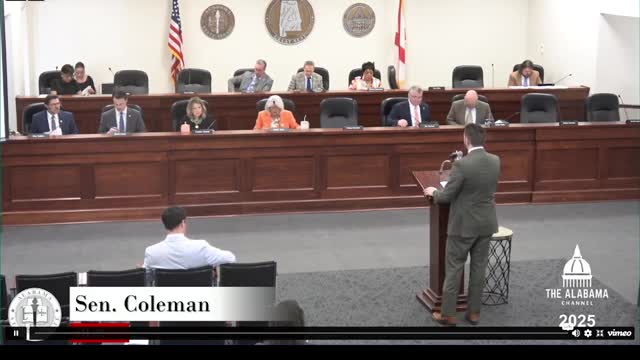Article not found
This article is no longer available. But don't worry—we've gathered other articles that discuss the same topic.
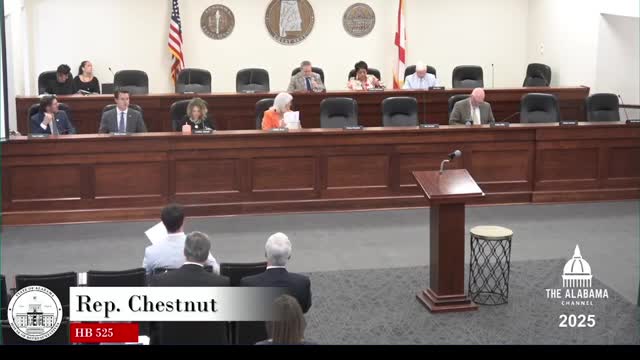
Committee holds public hearing on adding Selma University to state student grant program
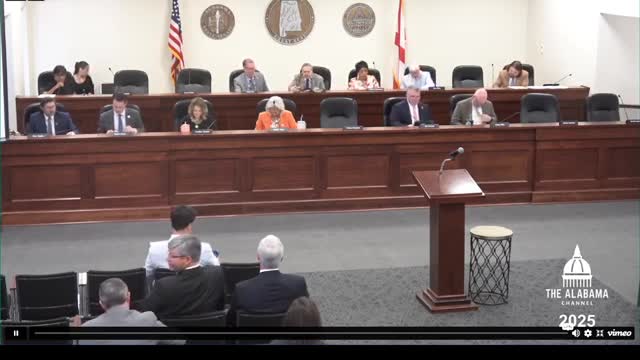
Committee approves 30-day exemption model for nonresident remote workers
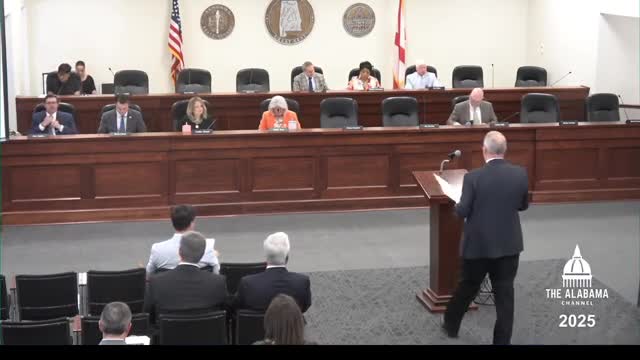
Committee advances bill to update rural physician income tax credit
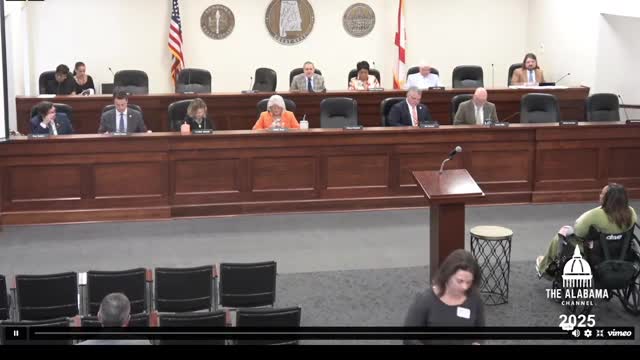
Committee advances Hunger Free Campus Act to allow public and private institutions to set up campus food-security programs
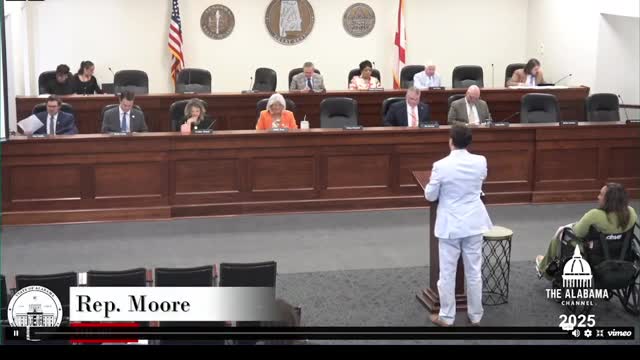
Committee amends GI scholarship bill, lowers disability threshold and establishes pilot program
